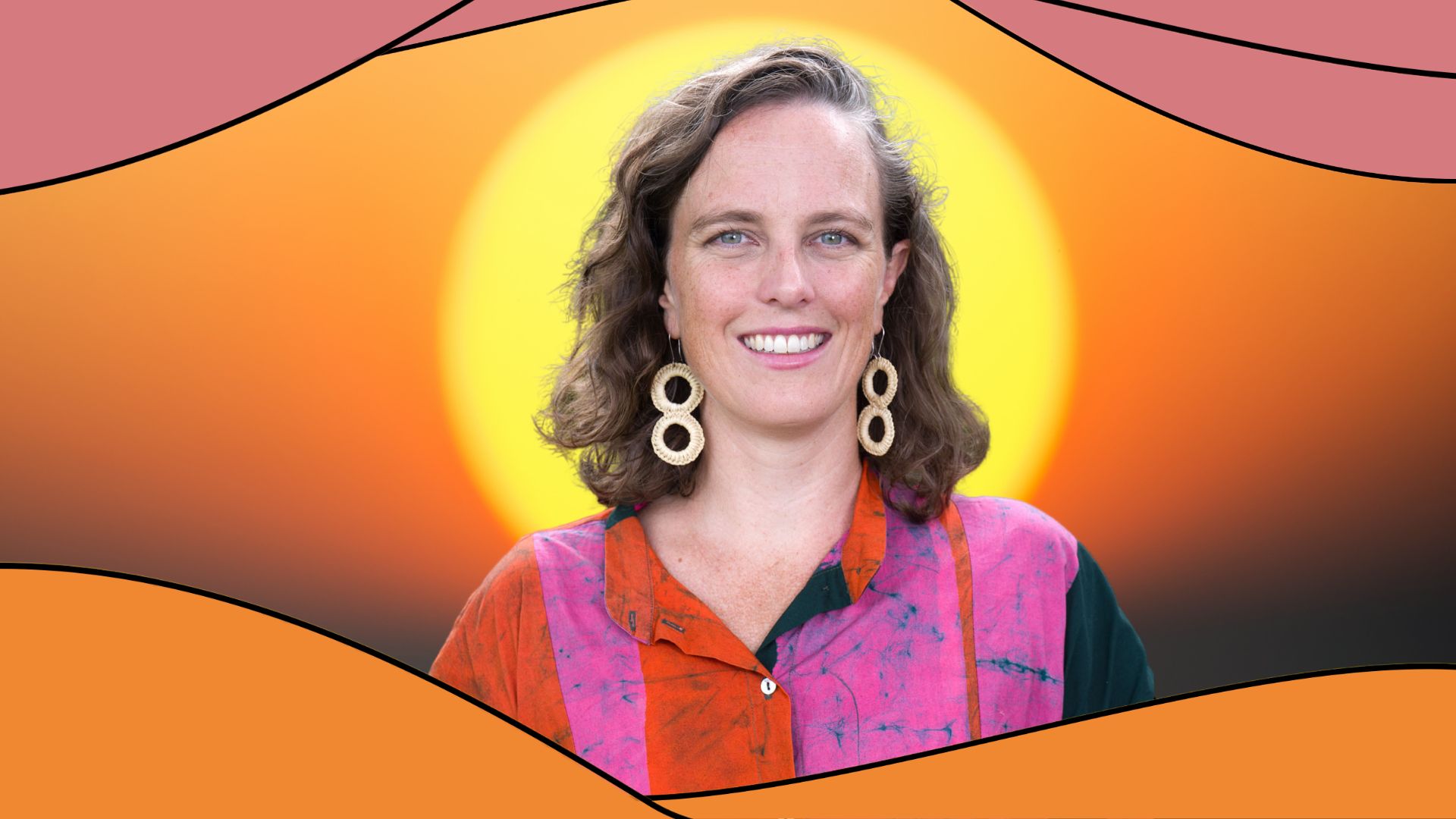Like many business founders, Loretta Bolotin is no stranger to the feeling of isolation that comes with being a social change leader, so becoming part of a like-minded “tribe” has been one of the aspects she values most about earning a Westpac Social Change Fellowship.
Since channelling her years of refugee sector experience into launching Free to Feed in 2015, Bolotin’s social enterprise has become one of Australia’s most celebrated cooking schools, helping rebuild hundreds of shattered lives.
“I’ve had the immense privilege of being able to identify interventions that can really make a life-changing difference to the resettlement experience and support new arrivals in their journey to recovery,” Bolotin says.
At the heart of her Melbourne-based enterprise’s model is the delivery of authentic, shared food experiences, around which Bolotin has created three unique trauma-informed programs aiming to empower refugees and people seeking asylum to overcome social and economic barriers. From taking part in pre-employment learning, to accredited training and employment in Free to Feed’s bustling events and catering business, to leadership experiences such as hosting cooking classes, Bolotin says each participant is nurtured within a strong and supportive community.
The business has generated more than $1 million in wages for Free to Feed’s employees since launch, an impressive outcome, particularly given the debilitating impact of Melbourne’s pandemic lockdowns on the business in the past few years.
But Bolotin believes, beyond the wages, the value of the program is just as much in the broader social outcomes it’s generating.
“We are all about building bridges into our community, facilitating social interconnectedness and belonging between people from newly arrived communities and those in more established communities,” she says.
“Because refugees are not a burden, or a threat. In fact, they are an incredible asset, well deserving of not only our protection and safety, but also of our respect for contributing to the richness and diversity of our country.”
Despite its success, building Free to Feed has not been without challenges. Indeed, Bolotin says the complexities have magnified along the way, often leading her to feel “awfully isolated” as a leader.
This was one of the reasons behind her decision to apply for a Westpac Social Change Fellowship, one of five scholarship programs offered by Westpac Scholars Trust. She was among 10 successful applicants among the 2020 cohort to be recognised for her leadership potential in driving social impact in Australia, and one of 80 recipients of the fellowship since its launch in 2015.
She says becoming a Westpac Social Change Fellow has enabled her to connect with a community of social change makers whose experiences resonate on both a professional and personal level.
“We’ve exchanged battle wounds, overwhelm, complexities, solutions, ideas and friendship,” Bolotin says.
“I navigated through the pandemic with this tribe of fellows who I knew would always be there for a yarn or would always seek to lift me back up when things felt rough.”
She has also benefited from a range of professional development opportunities, which forms part of the fellowship, each recipient receiving up to $50,000 to invest in a tailored program of training, mentoring or work experience.
Bolotin leveraged the investment to fund both an intensive month-long leadership program called the AltMBA, and a study tour of social enterprises in Greece to research sector innovation emerging in response to the influx of asylum seekers arriving in the region from war-torn countries including Syria and Afghanistan. Her research extended to exploring how food was a driver for connection and care, enabling her to bring back ideas to integrate at home.
Beyond the professional development and networks, Bolotin also credits the Fellowship with spurring much needed practical progress to raise the profile of Free to Feed and harness broader support.
“It certainly led to press opportunities to promote our mission, which in turn helped attract more customers who provide the engine of our employment programs,” she says.
“It’s also sparked new collaborations with other social change fellows which are unlikely to have happened had it not been for the introduction through the program. And there is also an army of Westpac staff who have become cheerleaders for what we do and are always ready to step up and support our work or promote us to their networks.”
Bolotin is eager to encourage other social entrepreneurs to consider applying for a Westpac Social Change Fellowship, but only when the time is right.
“You need to be ready to carve out the time and space to invest in the professional development opportunities,” she warns.
“Your business needs to be in a relatively stable position to enable you to step away and to engage with the fellowship. You wouldn’t want to waste the opportunity if you’re not in a position to absorb the learnings.
“But when you do, you’ll have the opportunity to join a tribe of like-minded people who will support you to succeed. You will find the most innovative and inspirational social enterprise leaders to learn from.”



